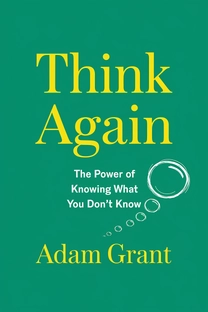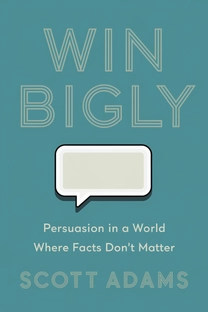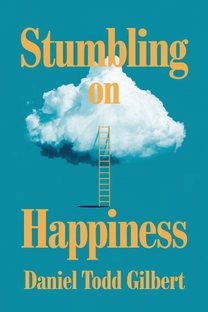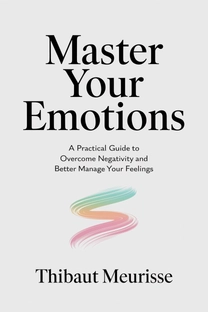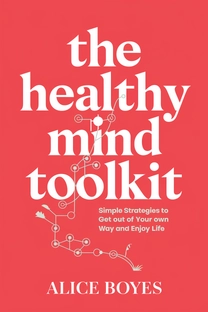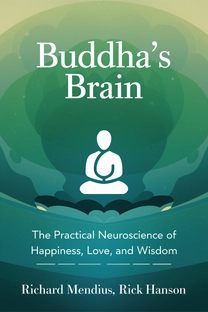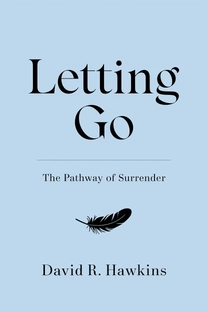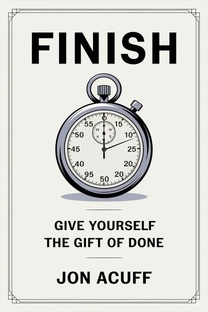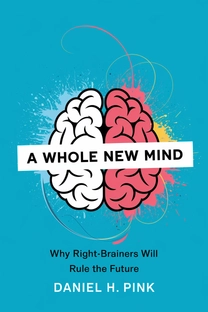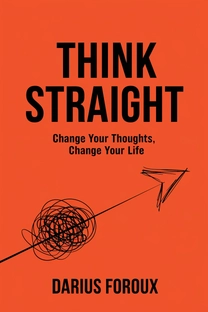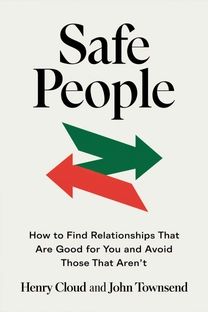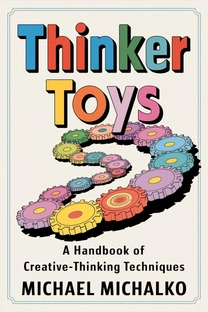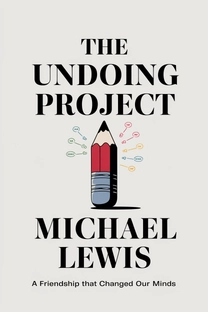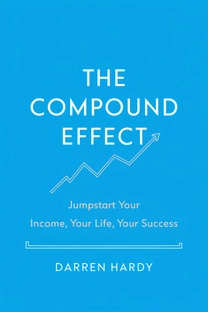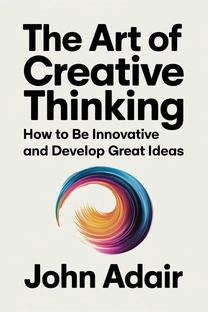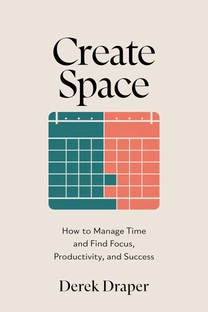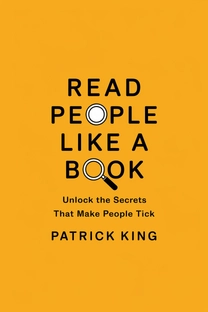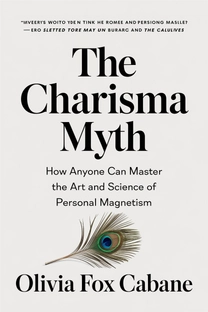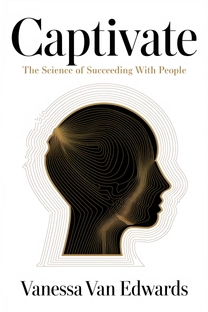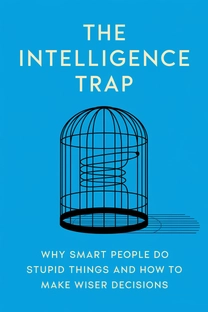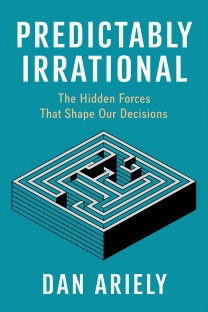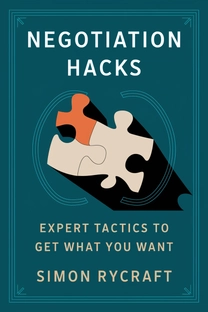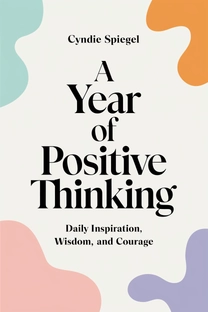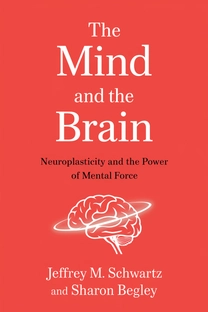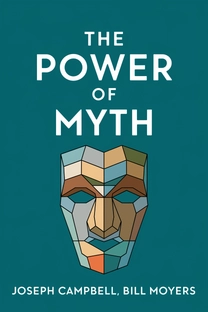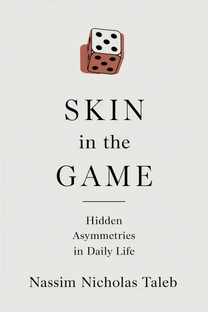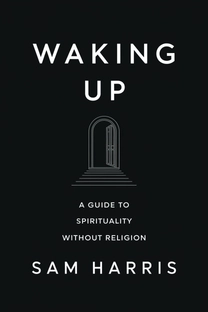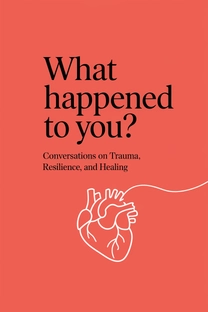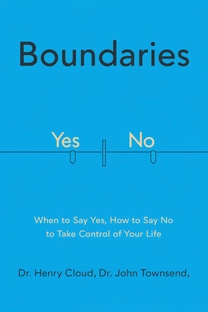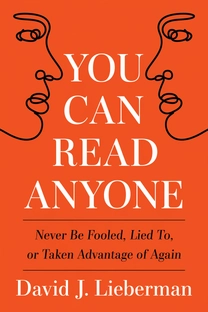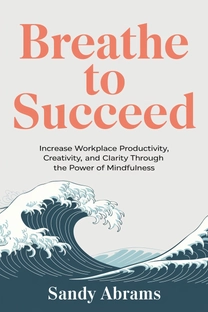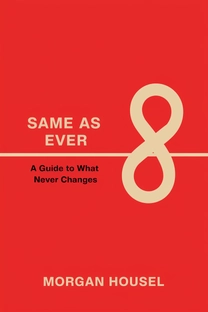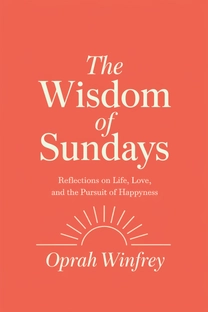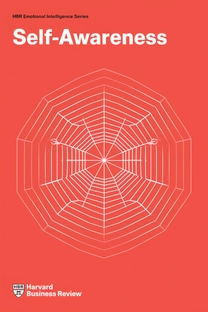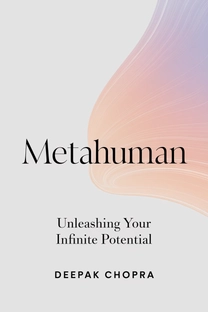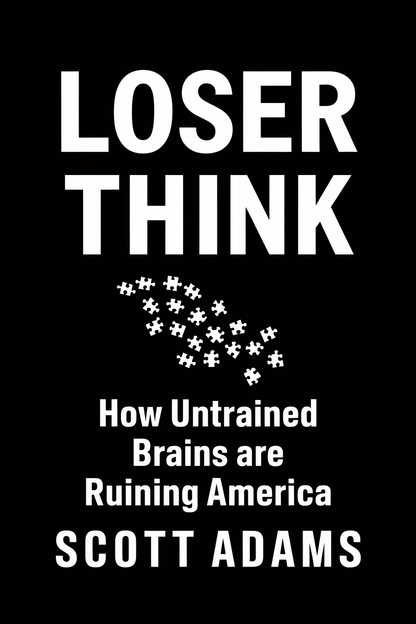
Loserthink
How Untrained Brains Are Ruining America
by Scott Adams
Brief overview
This book uncovers how unproductive patterns of thought can keep us stuck in mental ruts. By highlighting common thinking errors and drawing on diverse fields, it lays out practical ways to challenge biased perspectives and make clearer decisions in everyday life.
Introduction: Breaking Free from Faulty Logic
In this opening, the author argues that too many of us become trapped by flawed reasoning, often without even realizing it. We rely on half-truths or emotional impulses to guide our views, and the modern media environment reinforces our worst habits.
Information overload, combined with our brains’ natural tendency to find shortcuts, can leave us clinging to narratives that feel right but aren’t fully accurate. The result is a kind of mental captivity, where we accept incomplete or distorted ideas.
Rather than blaming our intelligence, this book claims we simply haven’t learned specific thinking skills. By adopting methods from disciplines such as psychology, economics, and engineering, we can free ourselves from these invisible cages.
Ultimately, the introduction sets the stage by encouraging readers to see how these mental barriers arise and offers hope that they can be dismantled—once we recognize them and choose new ways to process information.
Confidence as a Strategic Tool
Some people equate confidence with ego, assuming that a big ego leads to arrogance and negativity. But here, the author distinguishes between arrogance and using confidence as a practical tool to unlock better performance.
Dialing your ego up in certain settings—like job interviews or presentations—can help you push past fear and hesitation. Conversely, knowing when to dial it down prevents you from barreling into situations unprepared or hurting your credibility.
For instance, artists who apply audience feedback show how an adjustable ego can produce better, more appealing work. Instead of clinging to personal preferences, they adapt to what actually resonates, discovering success through humility.
What is Loserthink about?
"Loserthink: How Untrained Brains Are Ruining America" by Scott Adams delves into the mechanisms of unproductive thinking that hold us back from realizing our full potential. The author outlines 'Loserthink' — a pattern of cognitive missteps wherein people fall prey to faulty logic, uninformed assumptions, and biases that are disguised as rational thought. Drawing from various disciplines, including psychology and engineering, the book teaches readers how to break free from these mental prisons and engage their critical thinking skills. Adams invites readers to re-evaluate their beliefs, dissolve long-held biases, and adopt habits that lead to clearer, more effective decision-making.
The book makes a compelling case for prioritizing mental agility in a world saturated with information, yet often lacking in true understanding. "Loserthink" provides an actionable guide for increasing self-awareness and making more informed choices, particularly in environments laden with misinformation and emotional triggers. By recognizing and correcting common thinking errors, readers can improve both personal and professional aspects of their lives. With engaging anecdotes and practical strategies, this book is a valuable resource for anyone looking to elevate their cognitive processes and contribute rationally to discourse in today's society.
Review of Loserthink
Scott Adams's "Loserthink" stands out for its insightful exploration of cognitive barriers and its direct approach to mental clarity. The book's strength lies in identifying easily overlooked thinking errors, which include overrelying on history, underestimating ego, and misunderstanding intentions. Adams deftly unpacks these complexities using simple language and relatable examples from everyday life. The central takeaway is the utility of adopting a systems mindset over rigid goals, empowering readers to respond to complexities flexibly and efficiently.
Written with accessibility in mind, Adams uses a conversational style that invites readers to reflect without feeling overwhelmed by technical jargon or psychological theory. Instead, he employs real-world scenarios to demonstrate how subtle shifts in perception can lead to significant improvements in decision-making. While primarily aimed at breaking down thought patterns contributing to societal issues, the book's strategies have practical applications across personal growth, work environments, and interpersonal relationships.
This book appeals to a wide audience, urging everyone from young professionals to seasoned leaders to question and refine their mental frameworks. Adams's straightforward yet engaging prose demystifies seemingly complex ideas, making them accessible to all readers. The author's recommendations encourage introspection and change, positioning "Loserthink" as a must-read for those seeking to sidestep common mental pitfalls and enhance their thinking capabilities.
Considering its real-world relevance and actionable insights, "Loserthink" is highly recommended for anyone interested in expanding their cognitive horizons and fostering a more rational, less polarized outlook on life.
Who should read Loserthink?
- Critical thinkers: Individuals who wish to learn more about improving their reasoning skills will find practical advice in this book.
- Young professionals: Those just starting their careers who want to cultivate a mindset conducive to professional success.
- Skeptics and open-minded learners: Readers who are eager to challenge existing viewpoints and seek a broader understanding.
- Seasoned leaders: Leaders looking to enhance their decision-making process and interpersonal communication abilities.
- Educators and mentors: Individuals aiming to promote logical thinking and cognitive flexibility for their students or mentees.
About the author
Book summaries like Loserthink
Why readers love Mindleap
10-Minute Book Insights
Get the core ideas from the world's best books in just 10 minutes of reading or listening.
Curated For You
Discover your next favorite book with personalized recommendations based on your interests.
AI Book ExpertNew
Chat with our AI to help find the best book for you and your goals.
Reviews of MindLeap
Love how I can get the key ideas from books in just 15 minutes! Perfect for my busy schedule and helps me decide which books to read in full.
Alex R.
The summaries are incredibly well-written and the audio feature is perfect for my commute. Such a time-saver!
Jessica M.
Great app for personal growth. The insights are clear and actionable, and I love how they capture the essence of each book.
Chris P.
The app is beautifully designed and the summaries are top-notch. Definitely worth every penny!
Sarah K.


